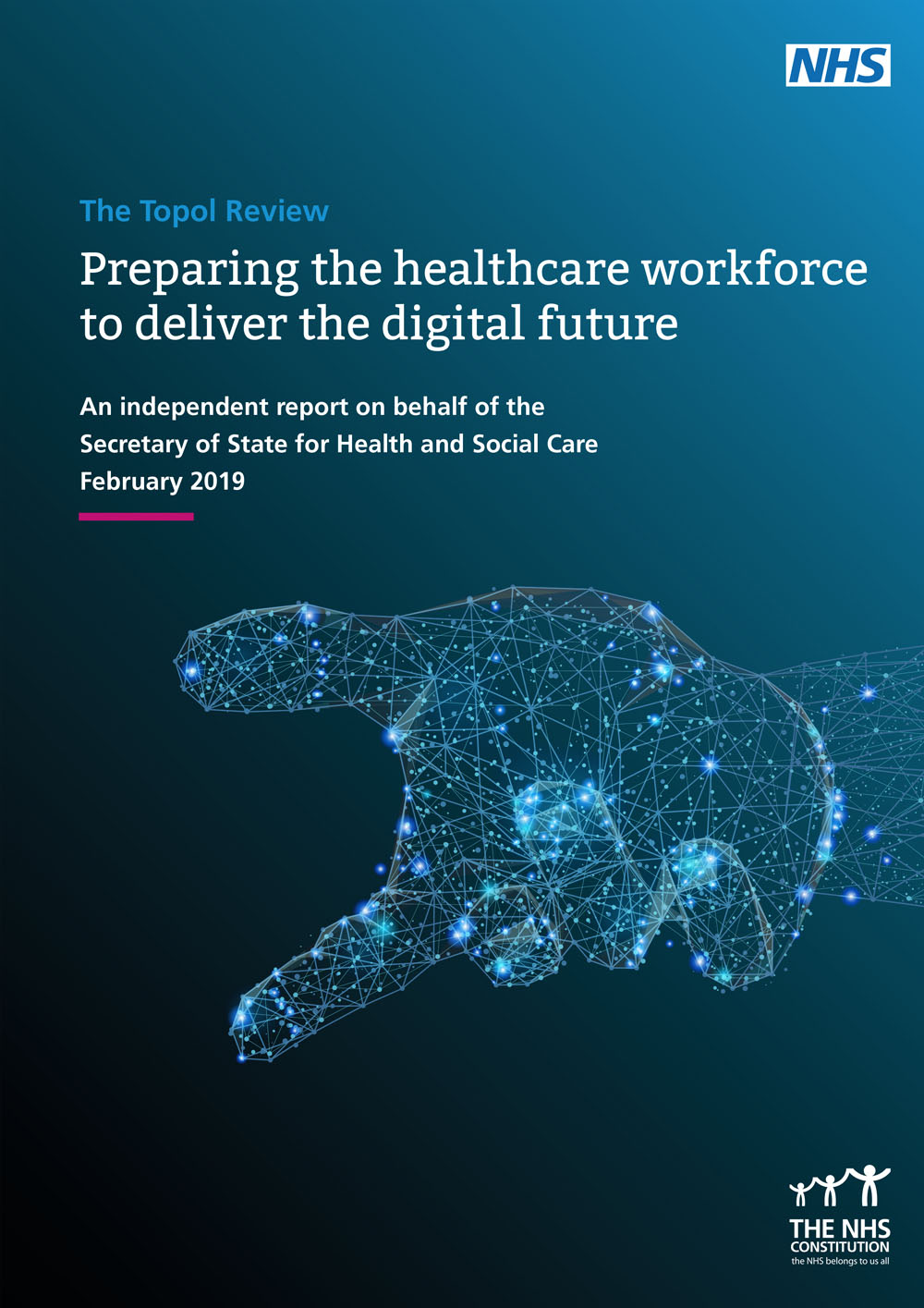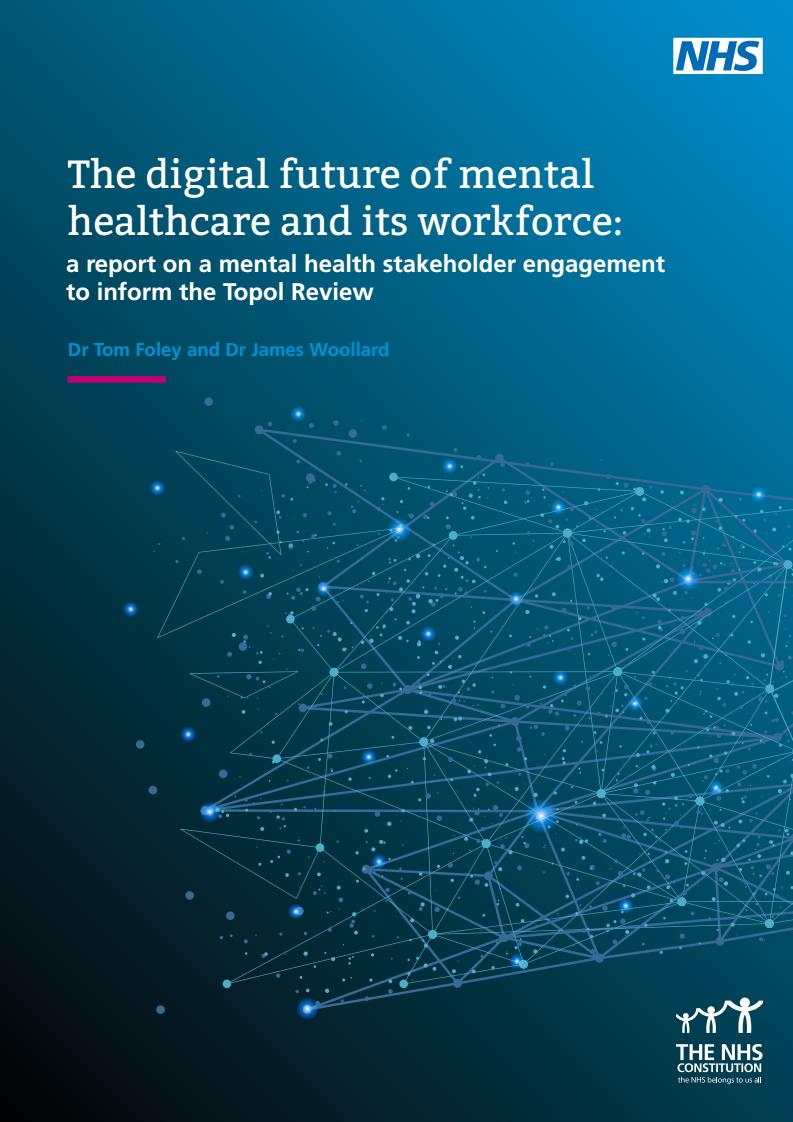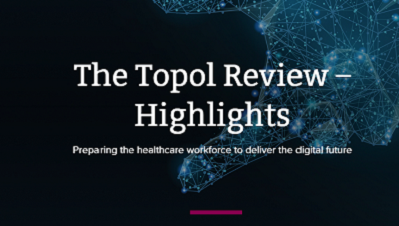About the Topol Review
Preparing the healthcare workforce to deliver the digital future...
The Secretary of State for Health and Social Care commissioned ‘The Topol Review: Preparing the healthcare workforce to deliver the digital future’, as part of the draft health and care Workforce Strategy for England to 2027 – Facing the Facts, Shaping the Future.
The Topol Review, led by cardiologist, geneticist, and digital medicine researcher Dr Eric Topol, explores how to prepare the healthcare workforce, through education and training, to deliver the digital future. Dr Topol appointed a Review Board and three Expert Advisory Panels. HEE provided the secretariat team to facilitate the Review.
The Topol Review is now published and it makes recommendations that will enable NHS staff to make the most of innovative technologies such as genomics, digital medicine, artificial intelligence and robotics to improve services. These recommendations support the aims of the NHS Long-Term Plan, and the workforce implementation plan, helping to ensure a sustainable NHS.
The Review advises on:
- how technological and other developments (including genomics, artificial intelligence, digital medicine and robotics) are likely to change the roles and functions of clinical staff in all professions over the next two decades to ensure safer, more productive, more effective and more personal care for patients;
- what the implications of these changes are for the skills required by the professionals filling these roles, identifying professions or sub-specialisms where these may be particularly significant;
- the consequences for the selection, curricula, education, training, development and lifelong learning of current and future National Health Service staff.








